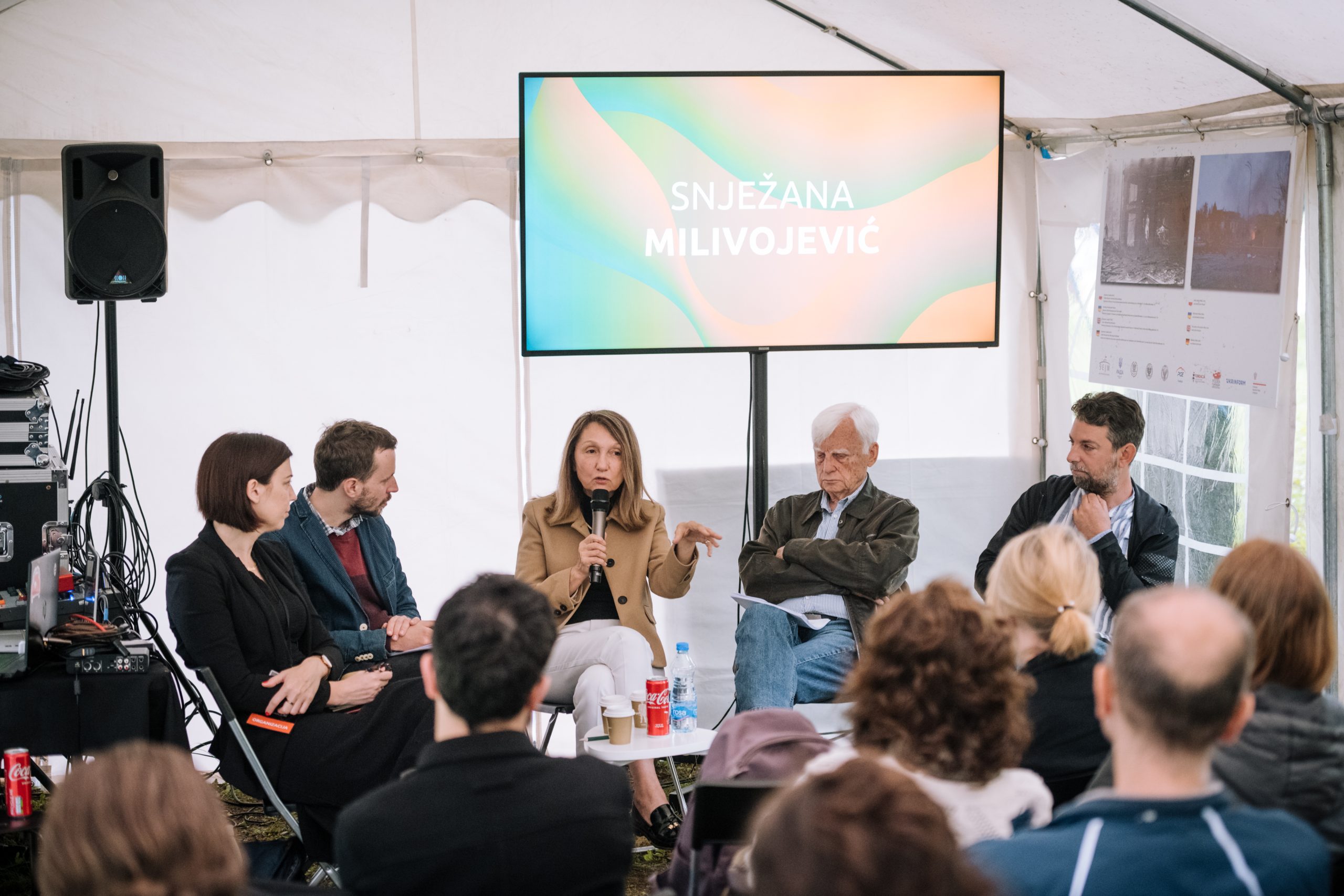
13 Jul Terror of culture or messages of love? – Panel discussion Why Do You Say Love When You Mean War?
On the third day of the KROKODIL Festival 2023, Saturday, June 17 at 10 am, one of the most important events from the KROKODIL Festival side programme titled Why Do You Say Love When You Mean War? was held in the festival’s Debate Zone. The following speakers gave their views on the induced rise of aggression and violence in our society and the undue influence of the ruling structures: Ivan Čolović, anthropologist-ethnologist, writer, and human rights activist; Snježana Milivojević, professor of Public Opinion and Media Studies; Ivan Đorđević, senior research associate at the SANU Ethnographic Institute and author of the monograph An Anthropologist Among Football Fans (Biblioteka XX vek, 2015.) The programme was opened by the moderators, researcher Srđan Hercigonja (Belgrade Centre for Security Policy) and communicologist Milena Berić from the KROKODIL Association who presented the research they had prepared under the project Why Do You Say Love When You Mean War? The aim was to raise awareness of the dangers of the undue influence spread by decision-makers, which systematically legitimizes far-right ideologies with the aim of strengthening nationalist ideas among the wider population in Serbia and especially among young people. The research served as a starting point for discussion. You can see the research in its draft version by clicking HERE.
At the beginning, Berić pointed out several interesting facts that researchers have discovered in this way, which tell us that the public in Serbia clearly sees the connection between the increase in violence in the society and the increase in the number of graffiti in cities, especially Belgrade, which are often messages with violent content. What is particularly important to emphasize is that although they recognize violence, respondents often had no answer to the question of who is responsible for it. In the respondents’ attitudes a clear disparity between the responses of older and younger generations could also be recognized. It seems that young people in Serbia perceive violence and graffiti as everyday life, which they unquestionably accept.
After this introduction, the conversation focused on the issue of graffiti, both its illegal making and its often problematic content. Čolović observed that the graffiti actually spring from rebellion, which is, as a rule, a struggle of the marginalized against the authorities. It is therefore particularly problematic that in Serbia the same narrative can be found both in schools, in the statements of politicians and on public walls. According to Čolović, this phenomenon indicates that violence in our country is generated by the authorities; for him, we are living in a kind of a national culture terror.
Media expert Snježana Milivojević recognized graffiti as another type of public communication, which is unfortunately fully colonized in our society by those who mainly manage other channels of communication and information in the country. Thus, their subversive potential is completely diminished and they become a tool in the service of hegemonic culture. It is important to ask why would authorities, with their natural means of communication (such as assembly, public addresses etc.) want to occupy spaces which are unnatural for them?
Đorđević introduced the role of public education, citing a personal example in which he described the process where his child adopted songs with nationalist messages as early as kindergarten. He warned that this type of education is a very good way to create a generation that is at any time ready to be mobilized for violent purposes. In this way, the promotion of violence is “packed” into seemingly patriotic messages, which should promote care and love.
Berić then pointed out the difference between violence and mere force, and the power that a society can have. She said that the moment power drains from the government, violence grows, and that throughout the 20th century philosophers have agreed on this. The other participants also spoke in a similar way about the seemingly hopeless situation of violence culture in fact being changeable. Milivojević recalled that in recent history we already have examples of unimaginable changes such as the disintegration of Yugoslavia, by those who were educated and grew up in it. This, however, can be interpreted as a good thing, because as Čolović points out, the world is in a state of constant change so new generations bring new possibilities.
The report was prepared by KROKODIL’s journalist for a day, Katarina Grković.
From the Research Introduction
Although we launched the research more than half a year ago, writing the final analysis finds us in a time of the biggest protests in our country since October 5, 2000. Tens of thousands of people come to these peaceful and dignified protests. Every weekend they gather around a singled demand: STOP the violence.
The protest was initiated by the horrific massacre in primary school Vladislav Ribnikar, when in the early morning of May 3 this year, a thirteen-year-old boy took the lives of nine of his peers and a school guard. This event is the first mass murder of this type in the history of Serbia and it can be said to be only the tip of the iceberg of violence, aggression and hatred that has entered all the pores of society for decades, and formed public awareness, education, mass and popular culture. We cannot but raise the question of the responsibility of those who have directly or indirectly laid the ground for this situation, and in the analysis that we are presenting you titled “Why Do You Say Love When You Mean War?” we try to give only some of the answers to many doubts regarding the obvious and horrific growth of hatred in contemporary Serbian society to which young people are particularly exposed. We reflect responsibly on our reality and point out dangerous social tendencies whose disclosure and deconstruction seem to be more important today than ever before.
Through our research, we analyse the prevalence of undue influence and point out various long-term trends that systematically threaten democratic processes and the fundamental rights of all citizens of Serbia.
Finally, in this research, we will try to answer the question whether violence in all its forms, from the wars of the 1990s until today, has become and remained the ultima ratio in Serbia, and as such has retained a high degree of credibility among elected political elites, the media close to them and, indirectly, among a large part of the population. We believe that the continuation of politics through violence cannot possibly be an argument against the general obsolescence of political practices and the impossibility of a real political, economic and social transition. The fact that geographically small, economically powerless and politically deficient countries suffer the violence of large, richer, more orderly countries is a valid counterargument, but at the same time, a weak and essentially futile consolation to all of us today.
With the wholehearted support of the Embassy of the Kingdom of the Netherlands in Serbia, we are launching a project aimed at raising awareness of the dangers of undue influence spread by decision-makers that systematically legitimizes far-right ideologies with the aim of strengthening nationalist ideas among the wider population in Serbia, and especially among young people. Three decades after a series of bloody conflicts in the former Yugoslavia, convicted war criminals, after serving their sentences in prisons abroad, are slowly returning to Serbia where they are accepted and celebrated by the highest state officials and showered with attention by the pro-regime media. It is not surprising, then, that many years after the violent breakup of Yugoslavia, people in Serbia still live with such distorted attitudes regarding the negative legacy of the 1990s. Young people show a fundamental lack of knowledge about the wars and violent breakup of Yugoslavia. Trapped in the interplay between ethno-national and cosmopolitan identity they are the main targets of abuse and are often pawns in the hands of powerful decision-makers. The tools they use to promote retrograde, hateful policies, openly glorify convicted war criminals, promote hate speech and even directly incite violence are unfortunately all too well known (murals, stencils and graffiti) and are responsible for the unprecedented scale of aesthetic-ideological pollution of our cities in recent years.
The project is supported by the Embassy of the Kingdom of the Netherlands in Serbia.
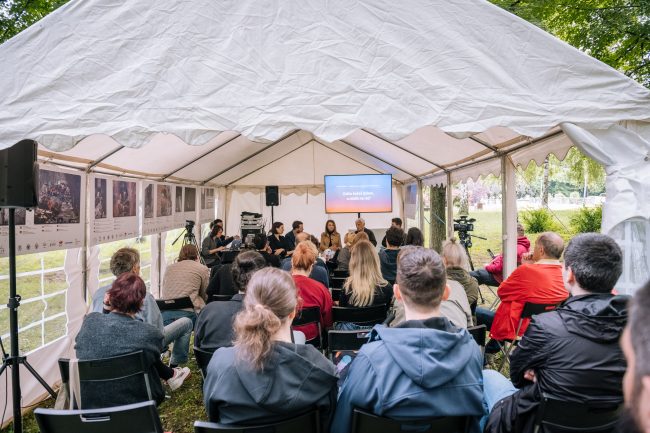
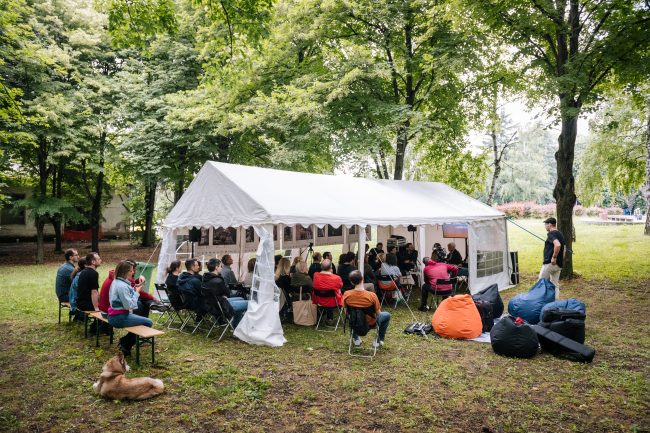
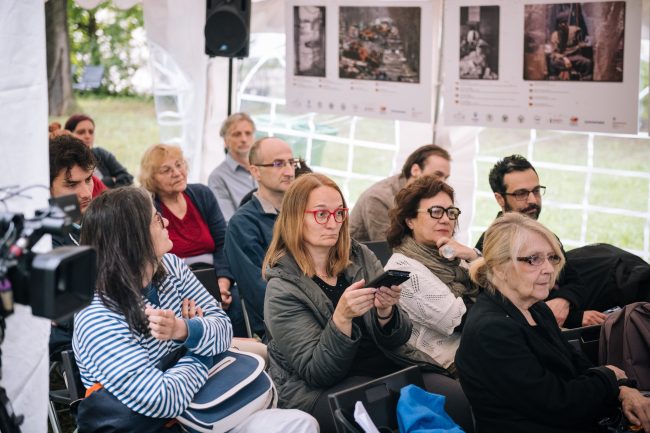
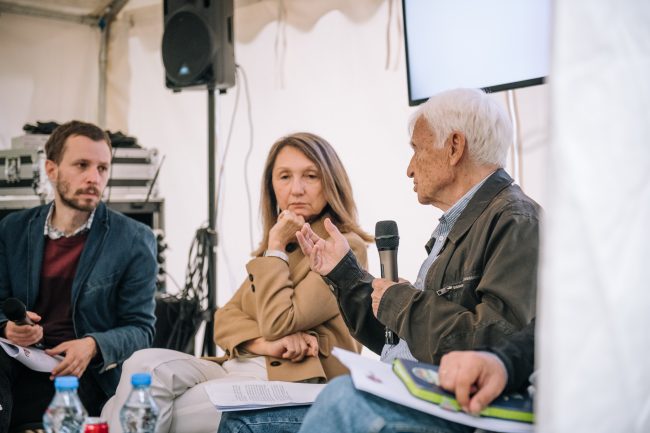
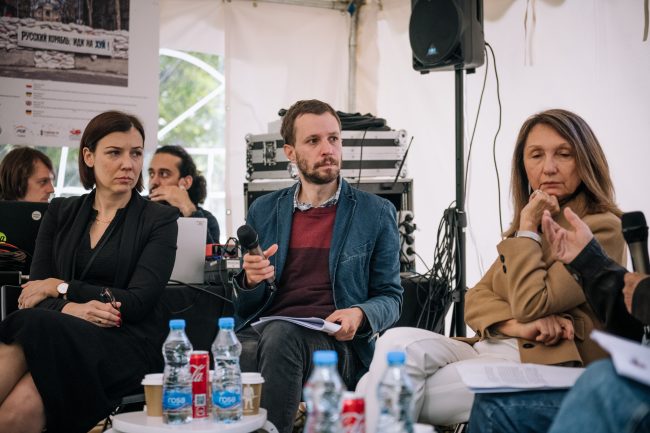
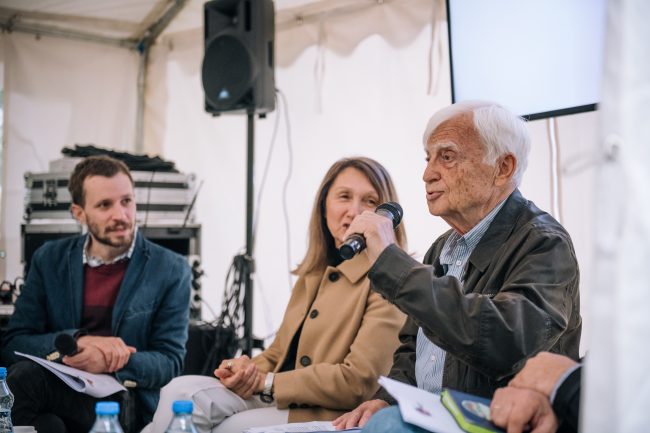
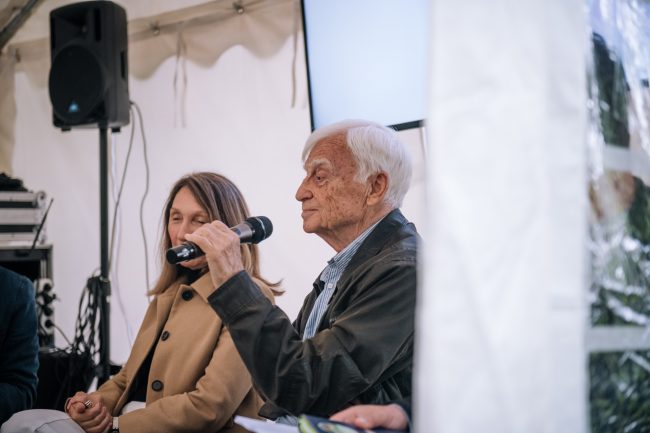
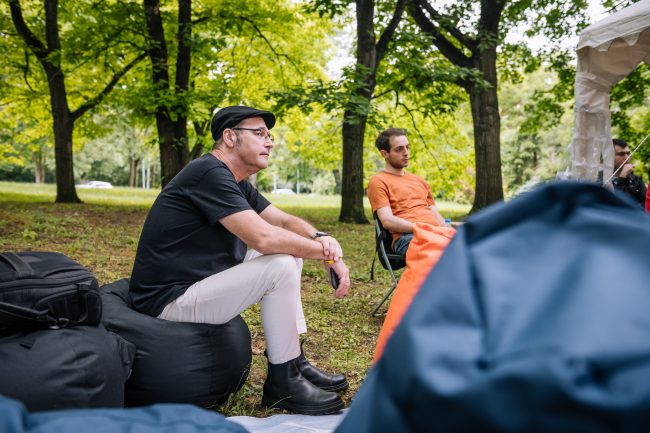
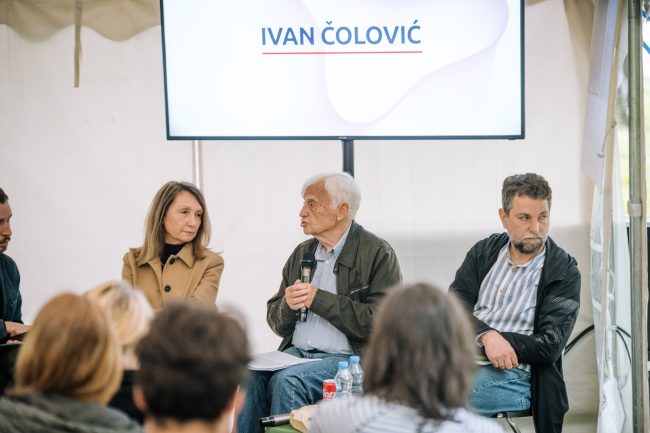
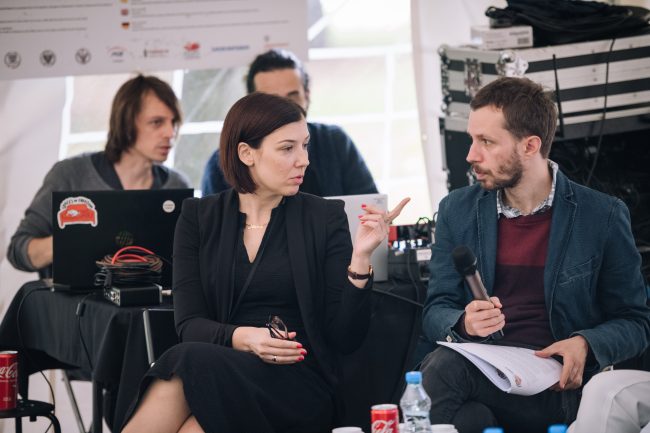
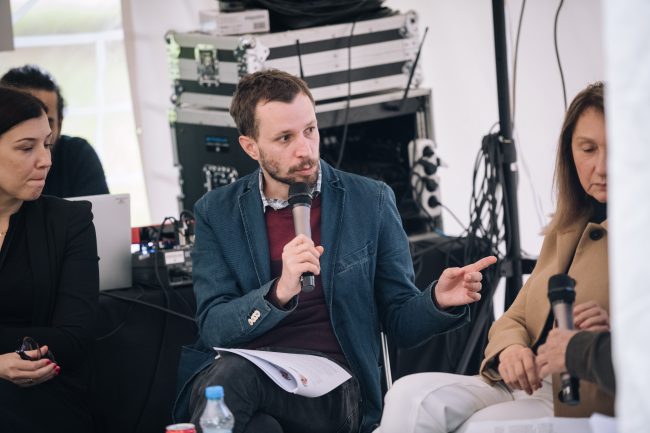
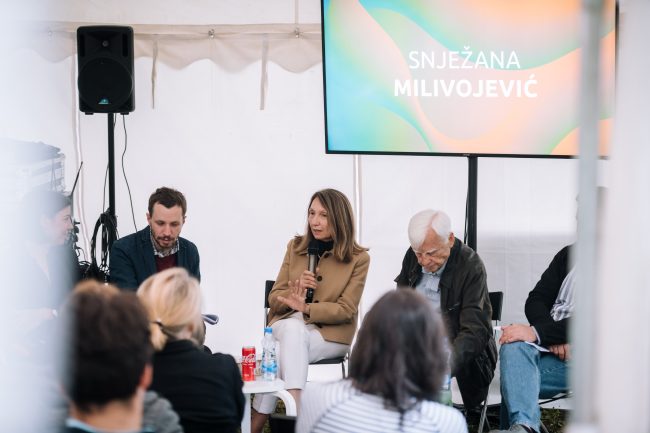
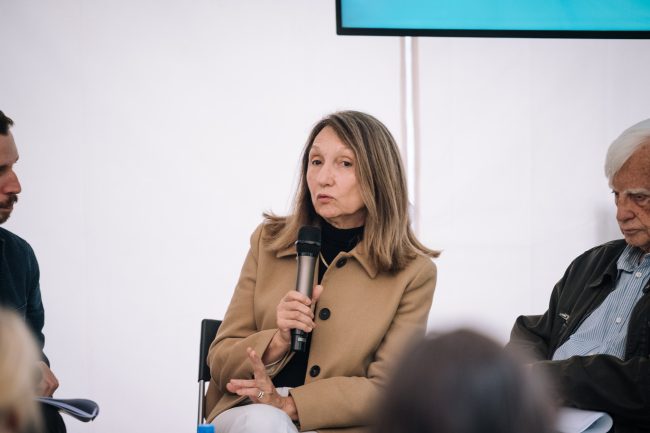
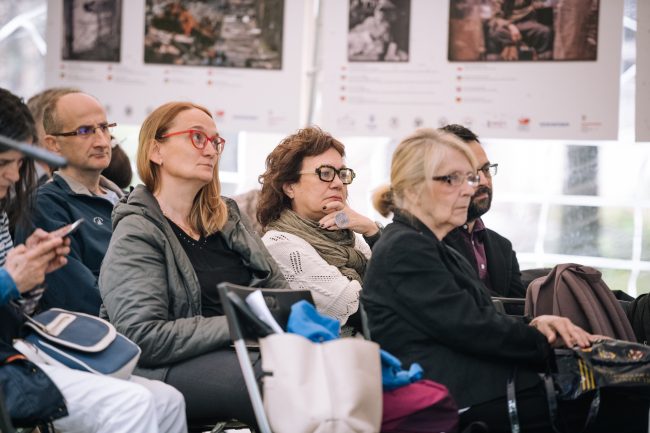
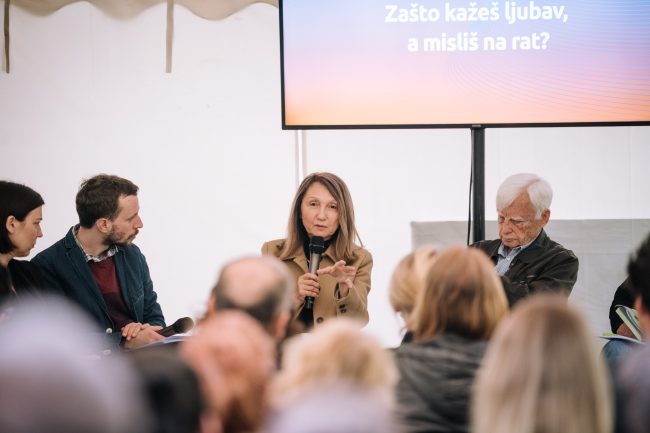
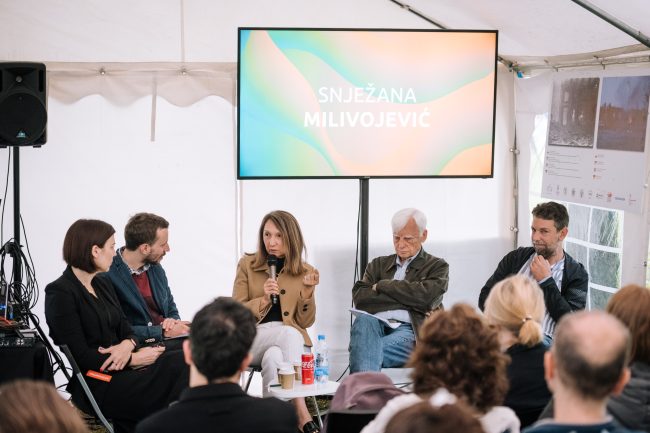
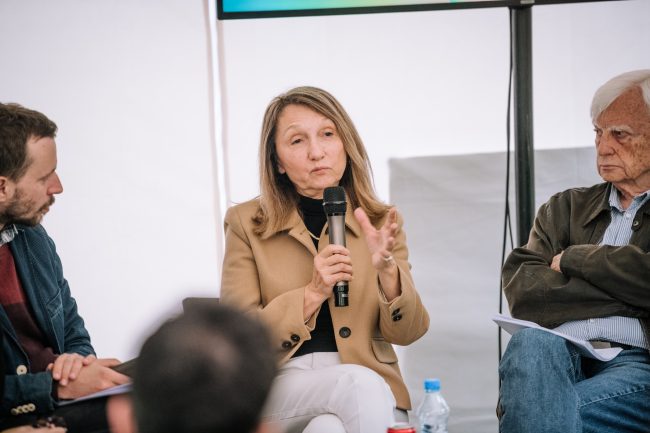
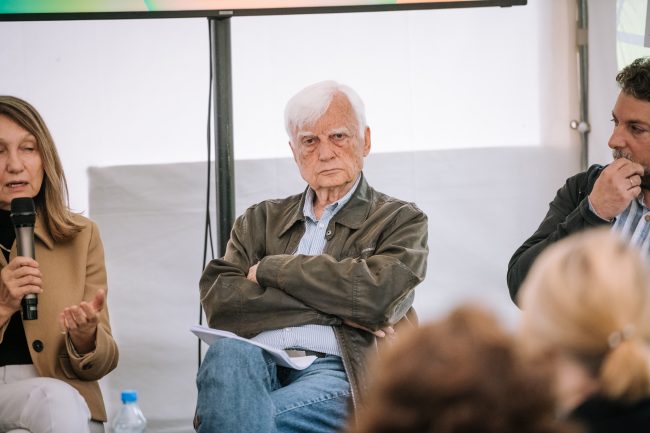
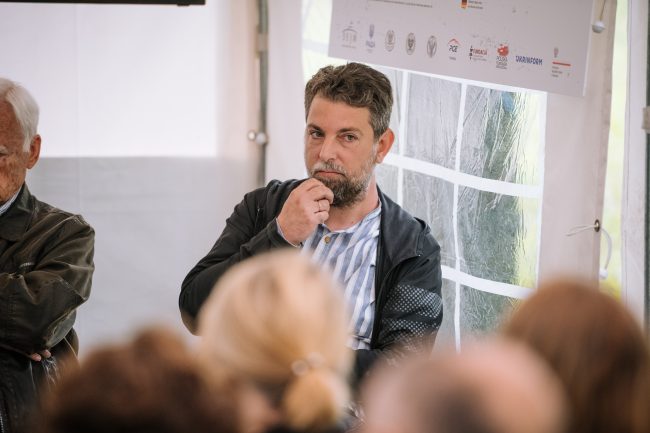

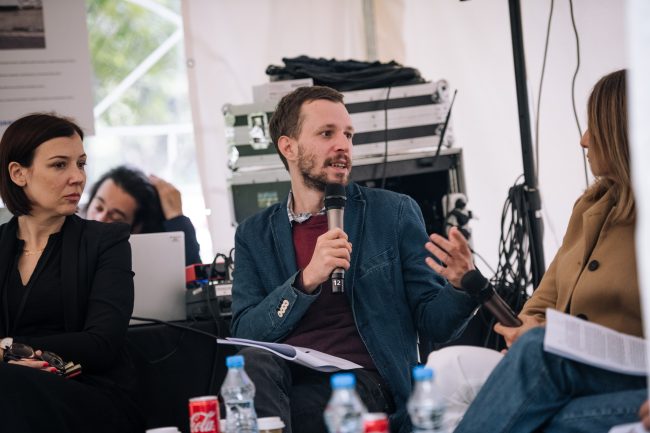
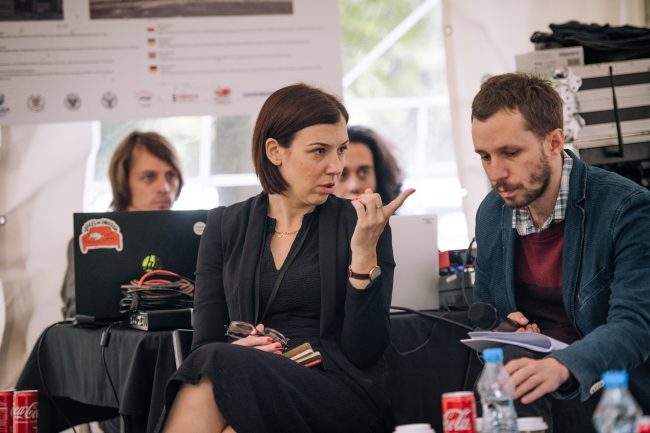
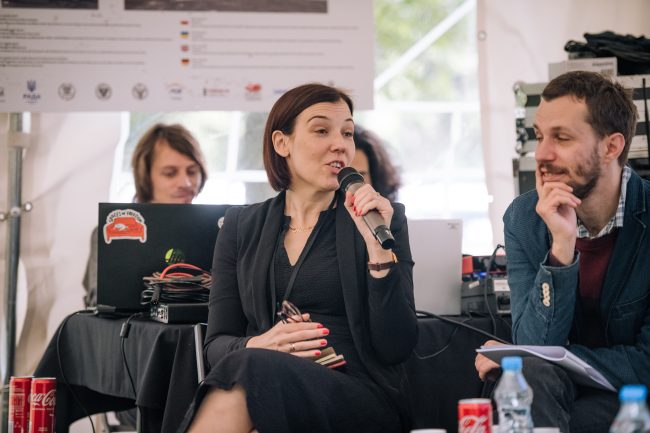
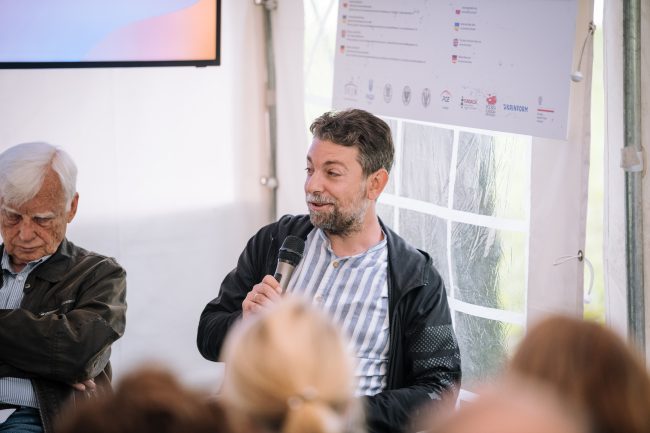
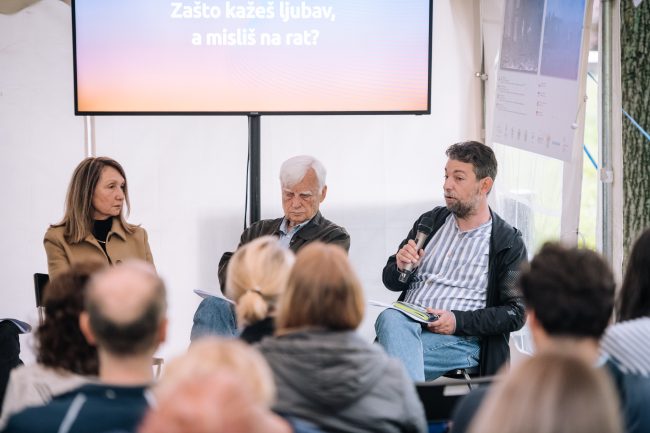
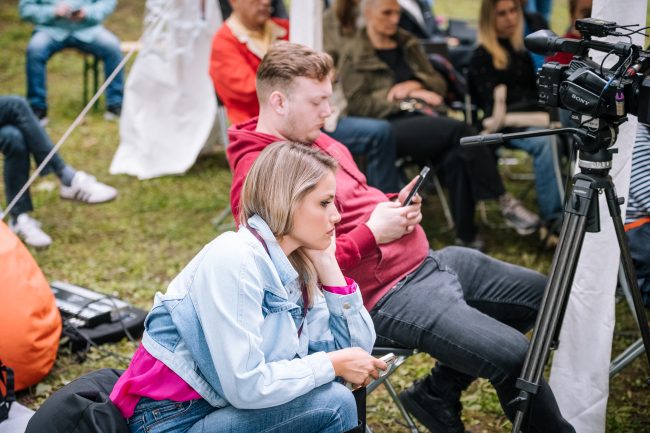
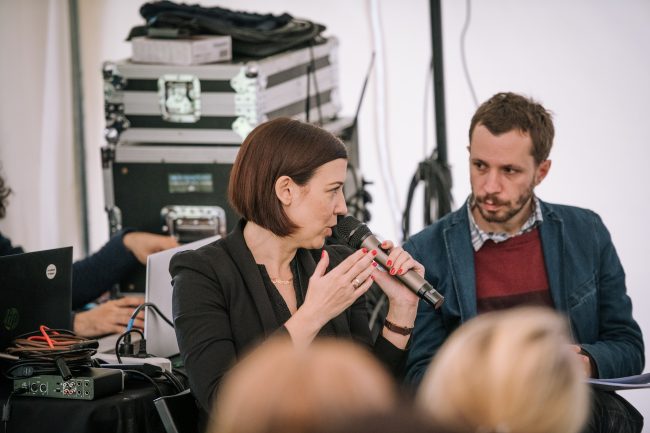
Foto: Alex Dmitrović



Sorry, the comment form is closed at this time.